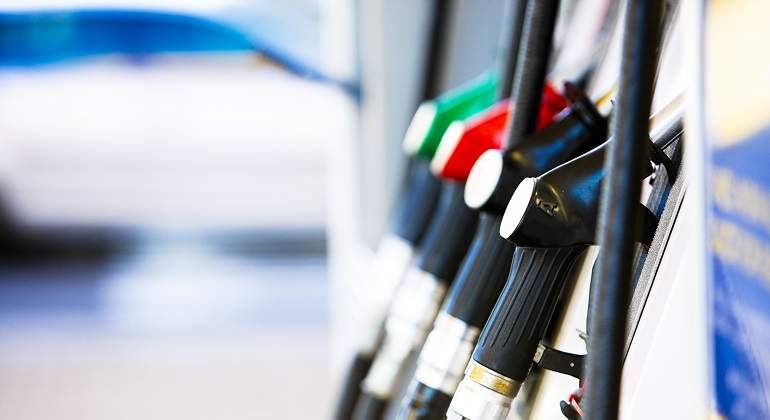The government has doubled down on its program to raise fuel taxes. Moncloa was already studying before the pandemic to equate the prices of gasoline and diesel by taxing more the Special Taxes (IIEE) of diesel. However, the proposal was paralyzed during the negotiation of the General State Budgets for this year. Now, the plan is to raise taxes on both diesel and gasoline to match prices in neighboring countries.
The controversial document Spain 2050. Foundations and proposals for a Long-Term National Strategy , presented by Moncloa on May 20, includes a rise in tax rates on diesel and gasoline consumption. In addition, it provides for the creation of a new tax on the actual average use of the vehicle to replace other current fiscal figures such as the registration tax.
The Government’s intention is to bring fuel prices closer to the average tax rate for gasoline in the eight main countries of the European Union, which is around 20 cents more expensive per liter. According to the Moncloa document on 2050, then there will be fewer private vehicles and more shared vehicles on Spanish roads, as well as more bicycles and more public transport .
“Mobility will be transformed by the spread of the electric car, which will be increasingly economical and competitive and which will constitute the bulk of the Spanish mobile fleet by the middle of the century,” indicates the Government.
Against diesel
The Executive wants to start the tax escalation for diesel, after decades of tax strategies aimed at promoting the purchase of these vehicles and convincing drivers to purchase diesel engines. The result is that today, despite everything, diesel is, on average, 8 cents per liter cheaper than gasoline.
Contrary to what many users think, the product is more expensive . A liter of diesel wholesale costs about 0.451 euros, while a liter of gasoline stays at 0.407 euros. The difference is in the taxes . Gasoline is subject to 16% more taxes up to 54% of the retail price (RRP). For its part, taxes remain at 46% in the case of the final price (RRP) of diesel.
The latest calculations by the Independent Authority for Fiscal Responsibility (AIReF) estimate that the equalization of taxes between diesel and gasoline would mean an increase in State revenue of 2,393 million euros per year. AIReF affirms that the tax difference has achieved its objective of promoting diesel in recent decades. According to their calculations, the comparison between the two fuels would trigger a drop in demand for diesel of 5.7%, since its price would rise by 7.72% compared to the current one.
Government announcements in recent years about IIEE in fuels have caused a drop in diesel vehicles in the Spanish fleet . Between 2010 and 2018, the number of registered private vehicles with diesel engines fell by more than 30 percentage points, from representing 70% of the total 10 years ago to just 40% in 2018.
However, the primary objective of this tax difference it is still fully valid for the road transport sector, since fuel represents between 25% and 30% of its costs , as well as concentrating up to 46% of the Gross Added Value of the transport as a whole, being also the main energy consumer.
This is how the price is set
Fuels are one of the most used and taxed products in Spain. In reality, the price of gasoline or diesel in Spain is not directly related to the price of a barrel of oil, as explained by the Spanish Association of Petroleum Products Operators (AOP).
The final price depends on the petrol and diesel prices in the relevant wholesale markets . In the Spanish case, the Mediterranean and Northern Europe. As these markets move in dollars, the euro / dollar exchange rate is also a significant factor.
Also, international quotes are only part of the pump price. There are practically unchanged expenses , including production, distribution and marketing costs, which include wholesaler and retailer margins.
The price is also affected by taxes and other associated costs , such as the maintenance of strategic reserves and the contribution to the National Energy Efficiency Fund. In Spain, liquid fuels derived from petroleum are subject to two taxes: VAT and the Special Tax on Hydrocarbons (IEH). These are, in short, the reasons why the price of fuel does not vary in the same proportion as the price of Brent crude.

Peter Barzilai is a high school pitcher and college rower turned longtime World News journalist. Peter has also written for Buzz Feed and Huffington Post and many other major publications, Peter Loves everything about sports and loves to write on trending topics and he is WideWorldMag member since 2017.

